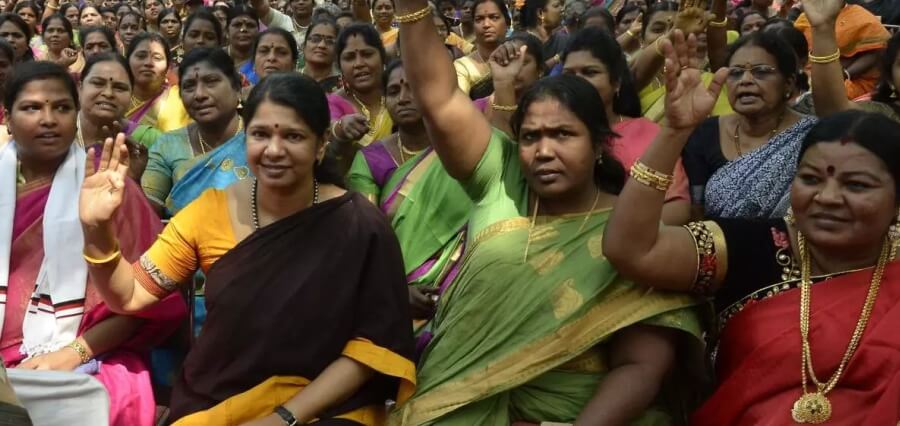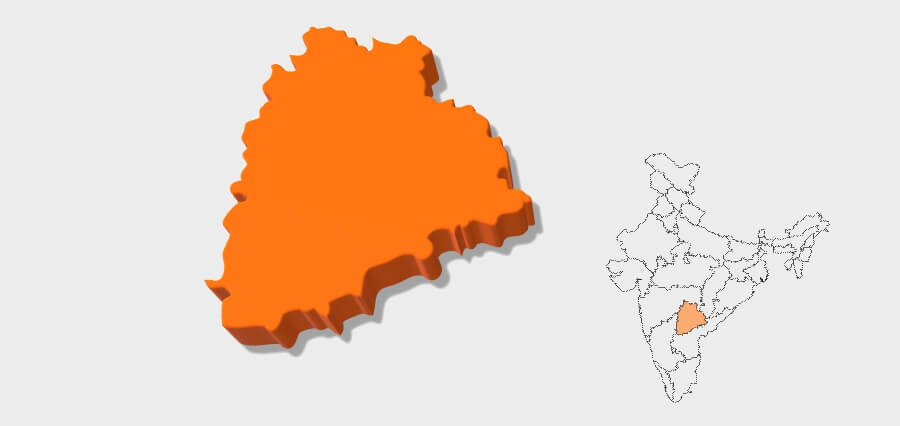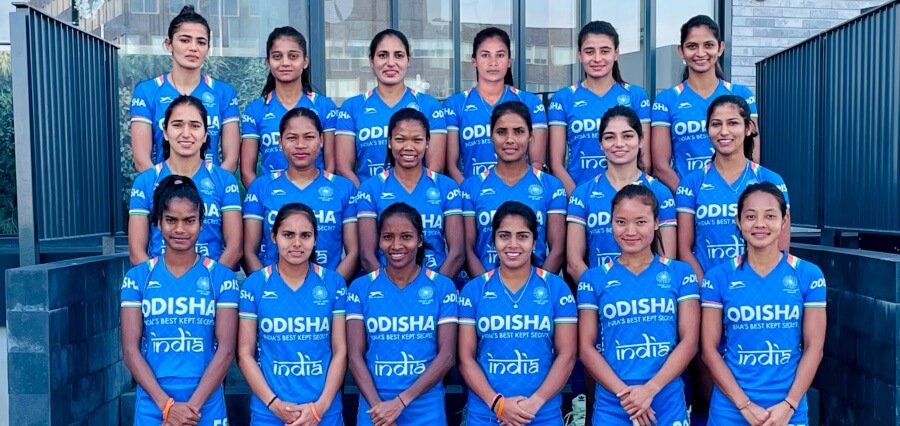According to an RBI research, elected women representatives (EWRs) make up 45.6% of all Panchayati Raj Institution (PRI) representatives in India, indicating the growing participation of women in local governance.
According to the Report on Finances of Panchayati Raj Institutions, 14,53,973 of the 3,187,320 PRI delegates in the 32 States and Union Territories (UTs) were women.
The report stated, “Achieving equal representation is not solely a matter of fairness but also an essential requirement for efficiency, given that women make up half of the population.”
As of September 2021, the State Panchayati Raj Acts of 22 States and Union Territories had provisions pertaining to a fifty percent reservation for women. According to RBI, this has caused the percentage of EWR in PRIs across the nation to rise.
In an encouraging scenario, women are seen becoming aware of their rights and increasing their participation in the social, political and professional spheres. The contributions of women are increasing in number, involvement and leadership initiatives driven by purpose of inclusivity. Women have been focussed employees and dedicated contributors in the modern evolving landscape of our country.
The rise in education, supported by several initiatives by the local and central government bodies, and numerous social organizations inspiring and welcoming women from several strata of the society. Active participation in working, planning and decision-making, which had been primararily dominated by the males, are now noticing a prominent visibility of women today.
Read More: Click Here





